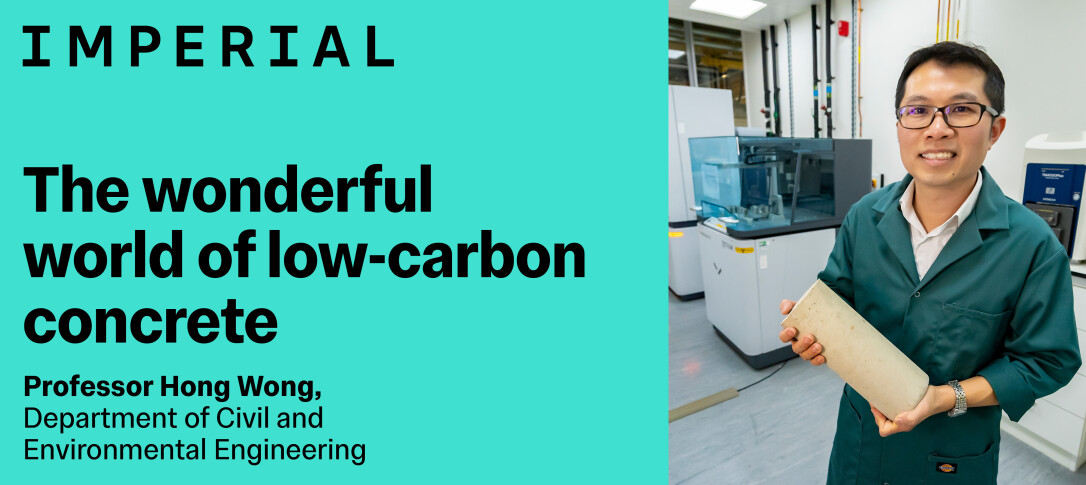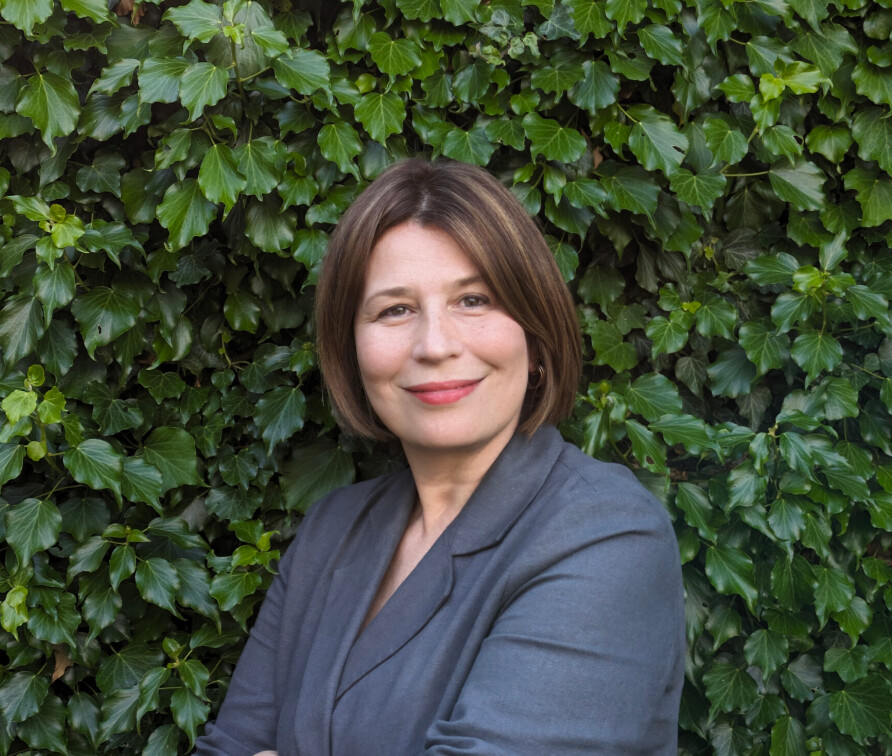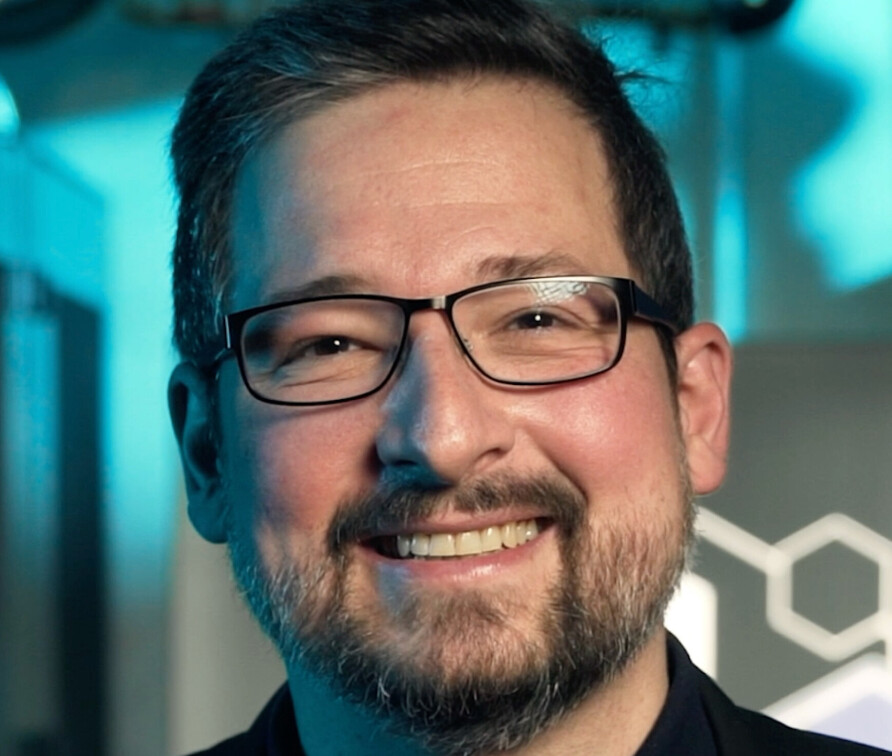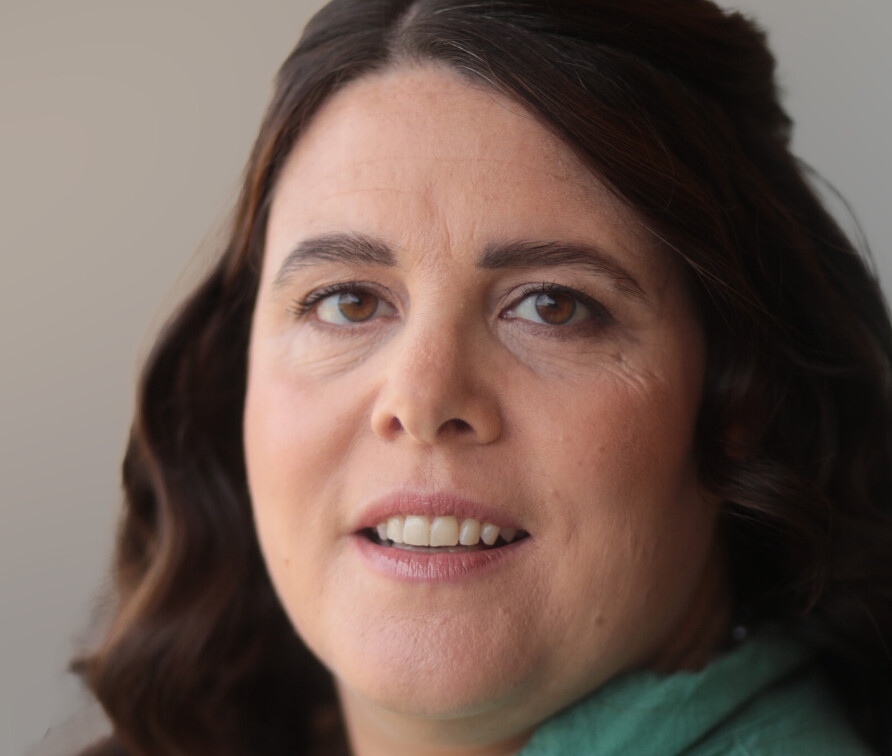
Join Professor Hong Wong online or in person, for his Imperial Inaugural.
We have limited in-person spaces available so please ensure you register in advance.
In his inaugural lecture, Hong Wong, Professor of Concrete Materials in Imperial’s Department of Civil and Environmental Engineering, will give an overview of advances in the pursuit of lower-carbon concrete, with specific examples from his recent work. These include engineered cement replacement materials from activating low-grade clays, recycling end-of-life concrete, and processing magnesium silicate minerals, whilst the potential of carbon capture and storage in cementitious materials will also be discussed. Throughout his talk Professor Wong will emphasise the importance of understanding microstructure-property relationships and proving long-term durability before setting some key challenges and opportunities for the future.
Biography
Hong is Professor of Concrete Materials in the Department of Civil and Environmental Engineering. He is also the Director of the Centre for Infrastructure Materials laboratories and the Advanced Materials for Sustainable Materials MSc. His research focuses on developing innovative cementitious materials that are more durable, sustainable, and have better performance. To achieve this, he employs advanced experimental and modelling techniques to understand how the composition, processing and exposure conditions of cement-based materials affect microstructure, mass transport, and long-term durability.
Hong serves on the editorial boards of several leading journals and is on the steering and scientific committees of major industry-academic initiatives, including Nanocem and Innovandi, the Global Cement and Concrete Research Network. He is a Fellow of the Concrete Society, Institute of Concrete Technology, Institute of Materials, Minerals and Mining, and the Royal Microscopical Society. Currently, he leads an EPSRC-funded consortium on low-carbon cement from UK clays. Additionally, he is a co-founder of Seratech, an Imperial spinout that commercialises carbon-neutral binders from globally abundant magnesium silicates through a novel carbon mineralisation process.


